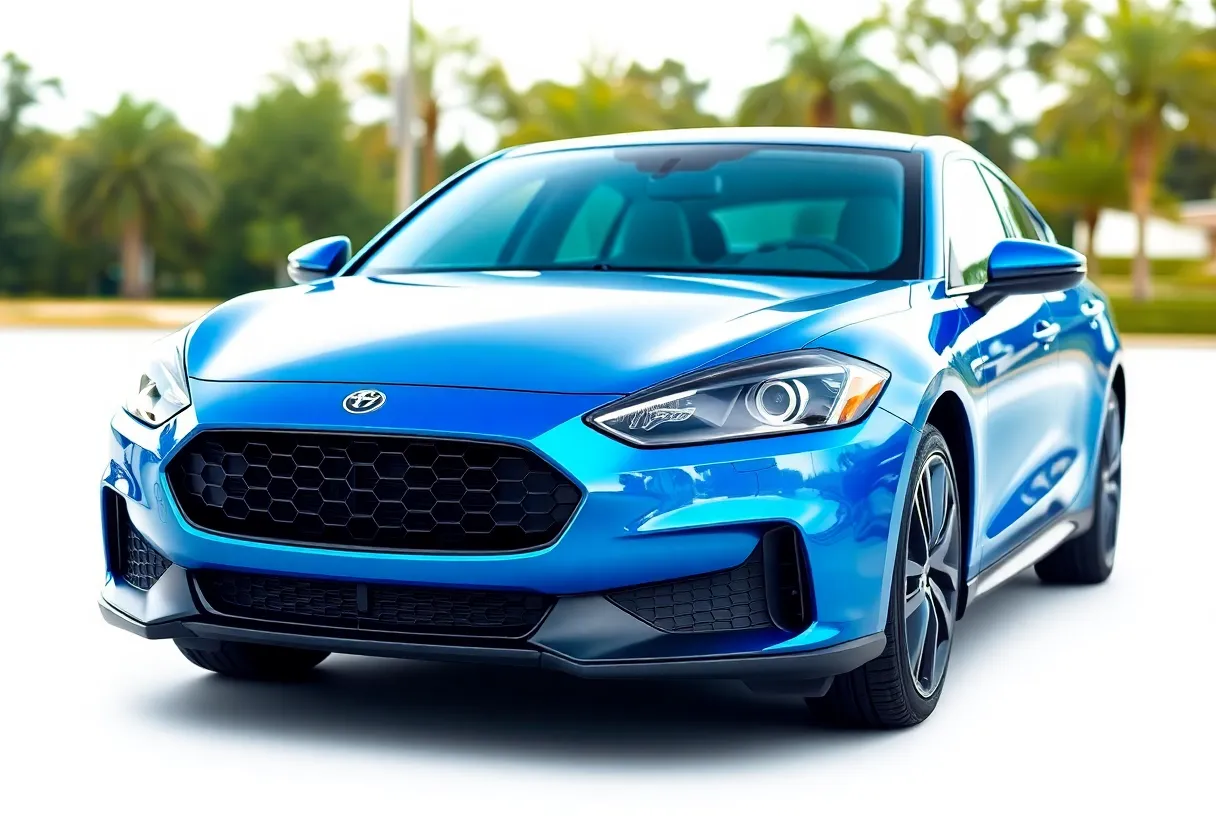Buying your first car is an exciting milestone in life, but it can also be a daunting task, especially when it comes to managing your finances. However, with careful planning and research, you can purchase the perfect vehicle without breaking the bank. Here are some tips to guide you through the process of buying your first car while staying within your budget.
1. Set a Realistic Budget: Before you start looking at cars, determine how much you can afford to spend. Consider not only the purchase price but also ongoing expenses such as insurance, maintenance, and fuel costs. Setting a budget will help you narrow down your options and avoid overspending.
2. Research Different Models: Take the time to research different car models that fit your budget and lifestyle. Look for vehicles known for their reliability and affordability. Consider factors such as fuel efficiency, maintenance costs, and resale value when comparing options.
3. Consider Buying Used: Buying a used car can be a cost-effective way to get a reliable vehicle without breaking the bank. Used cars often come with a lower price tag than new ones, and many are still in great condition. Be sure to have any used car you’re considering inspected by a mechanic to avoid buying a lemon.
4. Explore Financing Options: If you need to finance your car purchase, explore different financing options to find the best deal. Compare interest rates from banks, credit unions, and online lenders to secure a loan with favorable terms. Remember to factor in the total cost of the loan, including interest and fees.
5. Negotiate the Price: Don’t be afraid to negotiate the price of the car you want. Dealerships are often willing to work with buyers to make a sale. Research the market value of the car you’re interested in and use this information to negotiate a fair price. Be prepared to walk away if the price isn’t right.
6. Shop Around for Insurance: Insurance is a significant ongoing expense when owning a car, so it’s essential to shop around for the best rates. Get quotes from multiple insurance companies and compare coverage options to find a policy that fits your needs and budget.
7. Take Advantage of Incentives: Keep an eye out for manufacturer incentives, rebates, and special promotions that can help you save money on your car purchase. These incentives can include cash rebates, low-interest financing, or special lease deals. Be sure to read the fine print and take advantage of any offers that apply to you.
8. Consider Total Cost of Ownership: When buying your first car, it’s crucial to consider the total cost of ownership beyond the purchase price. Factor in ongoing expenses such as insurance, maintenance, repairs, and fuel to get a realistic picture of how much the car will cost you in the long run.
9. Test Drive Before Buying: Before making a final decision, always test drive the car you’re interested in. Pay attention to how it handles, its comfort level, and any potential issues. A test drive can help you determine if the car is the right fit for you and worth the investment.
10. Get a Vehicle History Report: If you’re buying a used car, always request a vehicle history report to uncover any past accidents, title issues, or other red flags. This report can provide valuable information about the car’s condition and help you make an informed decision.
By following these tips and being diligent in your research and negotiations, you can buy your first car without breaking the bank. Remember to stay within your budget, explore all options, and make informed decisions to find the perfect vehicle for your needs and finances. Happy car shopping!
